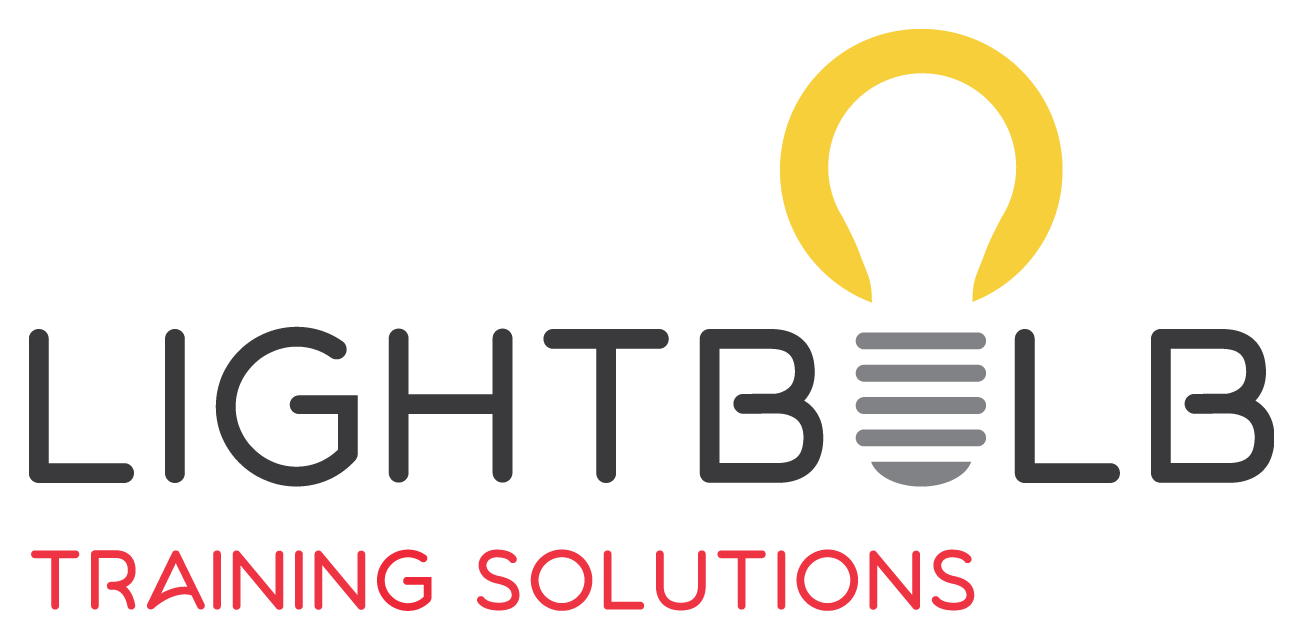What soft skills are and why they are hard.
Customer service or frontline staff in all businesses, need a tool box of skills if they are going to not only survive, but thrive in a people centered role. You've probably heard the terms hard and soft skills, but do your customer service staff know what those terms are referring to and if they have them?
The Hard - Hard skills are the technical aspects of a role. They are related to tasks that have set steps that once learned, can be completed without further support and with practise, the speed and accuracy of those skills can be improved. The term hard is not referring to these skills being difficult, it is a reference to the set steps that when followed, the outcome will be the same. (It's lots of things that those pesky robots could do)
The Soft - Soft skills are what staff use to give customers a positive experience whilst they are completing the Hard Skills of the role. Soft skills are often referred to as "people skills'. Staff with great people skills seek to make customers feel comfortable, they can read body language and assess tone of voice, they understand and use empathy and they work to maintain strong and respectful co-worker and customer relationships.
Regardless of what your business sells or provides, customers will assess the soft skills of employees to determine if they will willing continue to do business with you.
It’s important to note that customers are more likely to forgive a business staffed with employees who have great soft skills. Let’s be honest, mistakes happen but it’s how staff react in those situations that can make or break the customer relationship.
Ask these 3 questions to determine if anyone on your team needs help with their Soft Skills;
1. Do staff speak to customers with a positive and welcoming tone of voice or just monotone “next please" to every customer?
2. Do your staff know and use the names of your regular customers?
3. Do you hear your customers and staff laughing and enjoying their interactions?
And just a little side note - soft skills are more difficult to train than hard skills because unlike hard skills, soft skills are a range of attributes that need to change to suit a situation. For example, it’s like baking a cake: Hard skills are the recipe so the cake is the same if the steps are followed, soft skills require staff to ask questions and get to know the customer so they can then bake the type of cake the customer wants.
When you are looking to employ your next team member - ask questions to determine if they are soft enough.
We can help you with this - contact us now and we will help you, soften up your team.
By Cate Schreck - Author of "The A - Z of Service Excellence"

